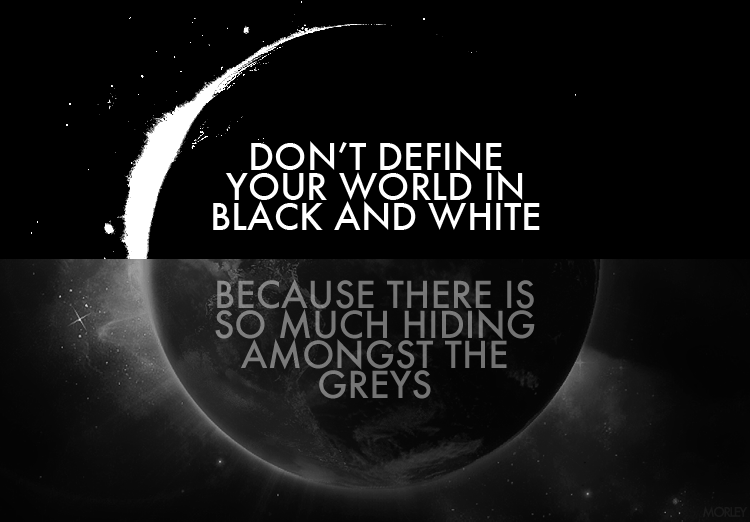
Michael and I saw
The Imitation Game last weekend, starring Benedict Cumberbatch and Keira Knightly. Like so many other movies and books I find intriguing, it is set during the WWII era but not on the battle front. It's the true story of British mathematician Alan Turing who worked at Bletchley Park trying to crack the Enigma code. For those unfamiliar, the Germans had created the Enigma machine, a complex typewriter-looking contraption designed to encrypt messages. Virtually all Nazi communications were sent by these encrypted messages, and many messages were intercepted by the Allies. Day after day, teams of code specialists and German language experts poured over the messages with pencil in hand, to no avail.
Without a way to break the code, the intercepted messages were gibberish. And the man-hours spent trying to decipher the code was pointless within 18 hours - the Germans changed the settings on their Enigma machine each night at midnight.
And the war was not going well. The Allies were weakening.
Enter some of the most brilliant minds of England. Alan Turing and his team built a machine that could work through millions of variables in a fraction of the time it took people with pencil and paper. The machine is essentially the world's first computer. It did the impossible - it cracked the Enigma code.
If this were a Disney movie, that would be the end. Code cracked, messages broken. Nazis lose, Allies win. Black and white.
But what actually happened next is fascinating. Turing realized immediately that the team couldn't break every message intercepted that day. If they did and acted upon that information, the Nazis would know the code had been broken. Turing knew the Nazis probably had another encryption machine ready to go in Enigma's place. So, the team made the heartbreaking decision to only share a few of the decoded messages at a time. Plus, they shared them only with a trusted connection, not with the military attache who expected all of them.
Tough choices in tough times. Turing and his colleagues lived with the consequences of those choices, hearing about attacks they might have stopped but didn't, lives lost, ships sunk, planes downed. But the overall effect of their decision was right - look how the war turned out.
 The other day I found Word files on my desktop I'd written some time ago and forgotten about. Some were first drafts of short stories which I never polished. There were shorter bits too, snippets of character profiles, unusual settings, and story lines jotted down in 30 or more different Word files.
The other day I found Word files on my desktop I'd written some time ago and forgotten about. Some were first drafts of short stories which I never polished. There were shorter bits too, snippets of character profiles, unusual settings, and story lines jotted down in 30 or more different Word files. 
